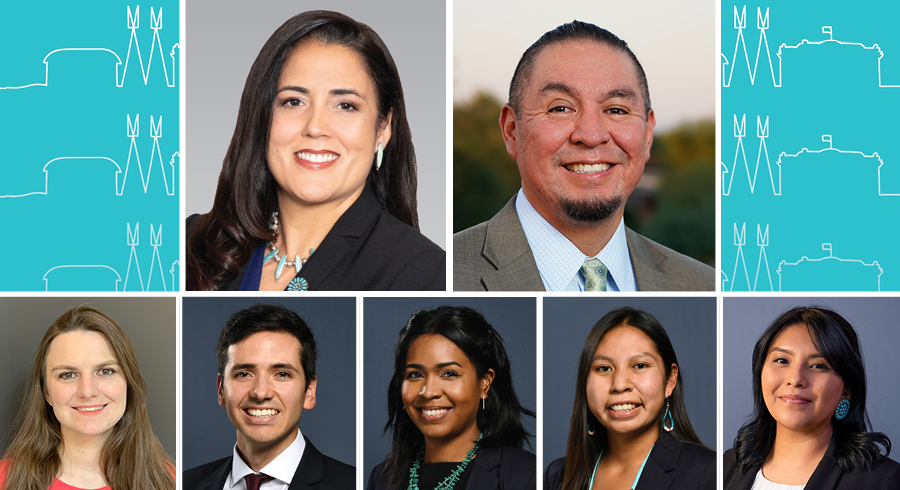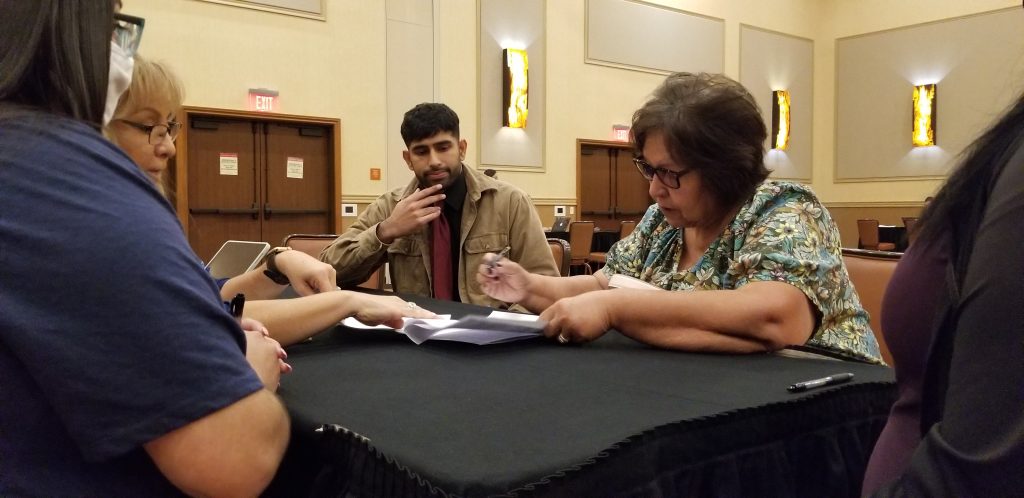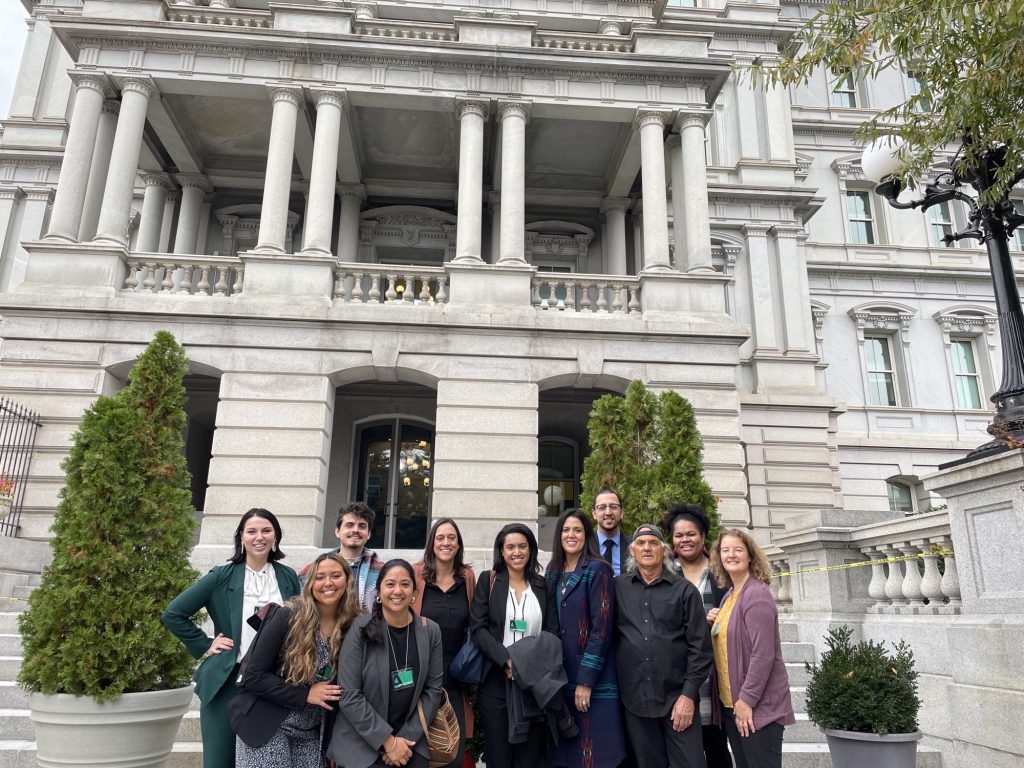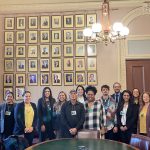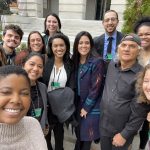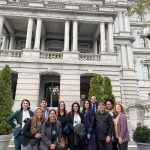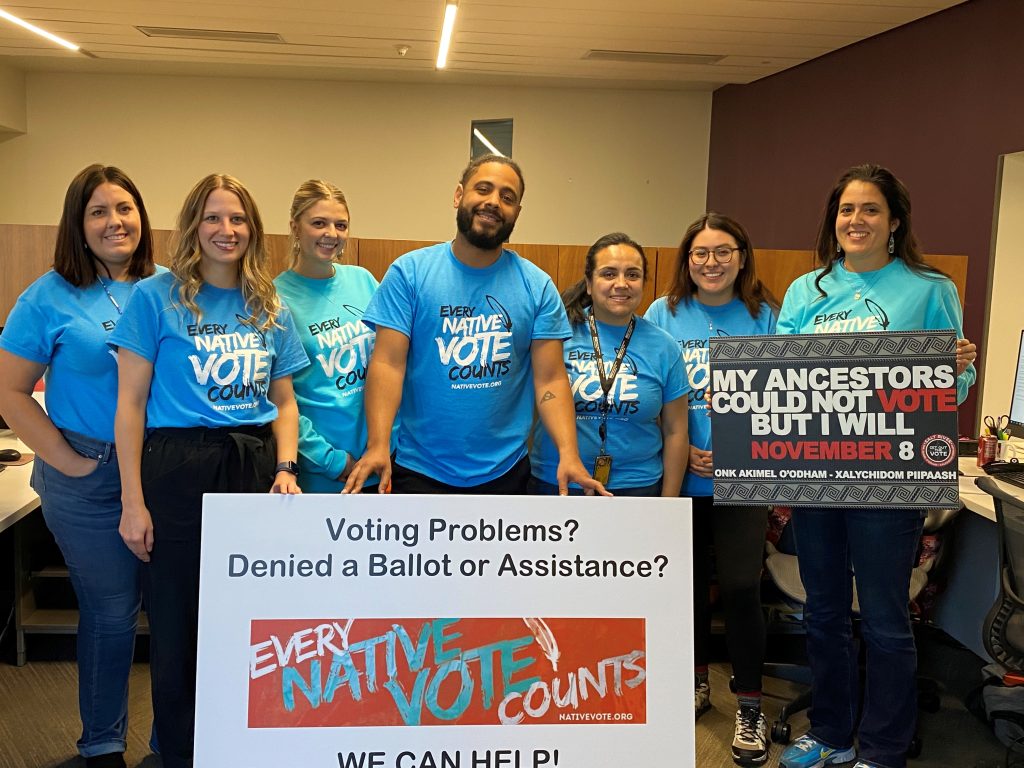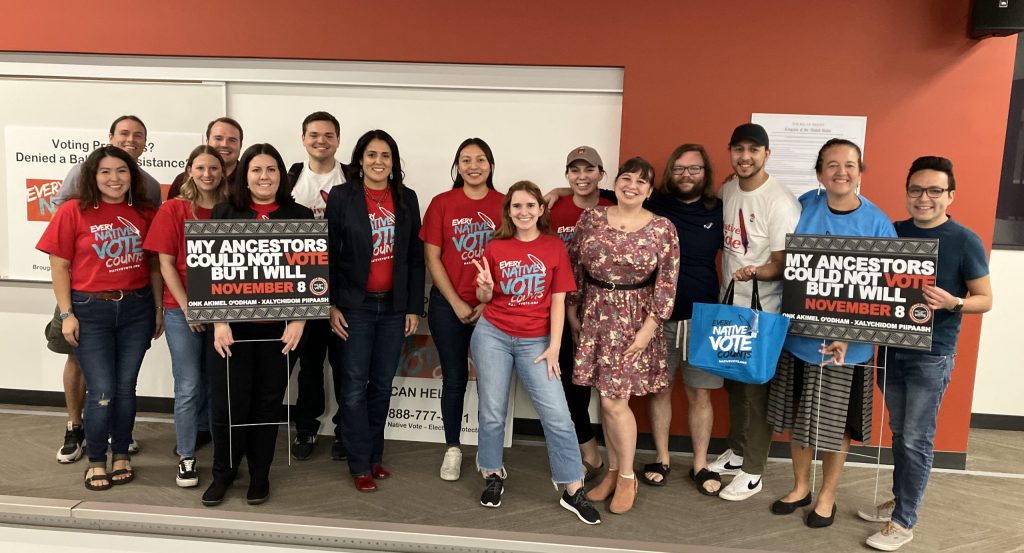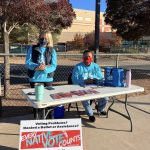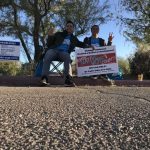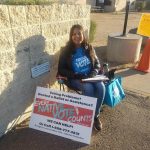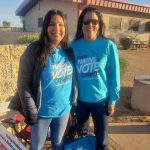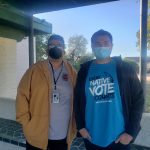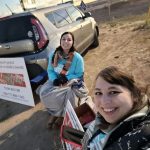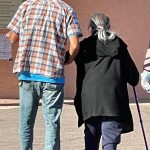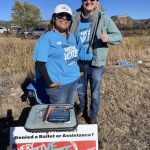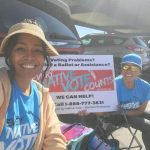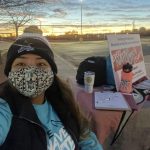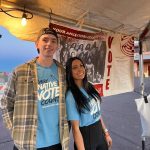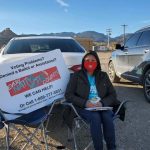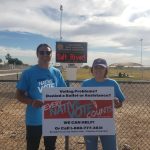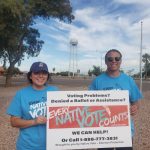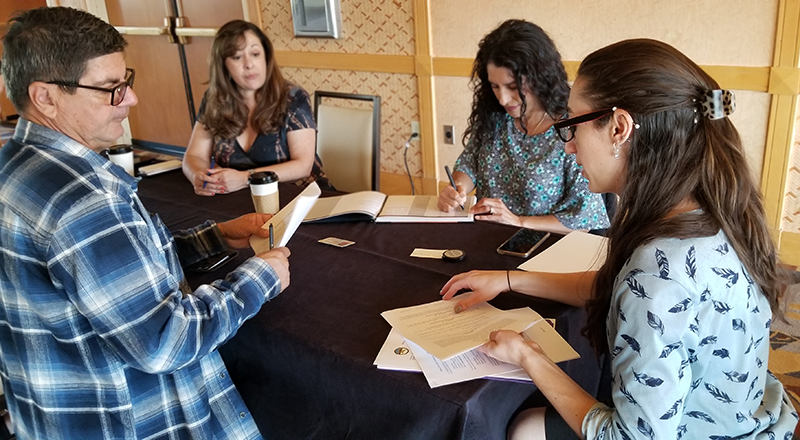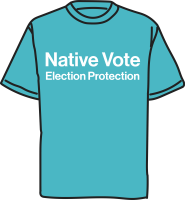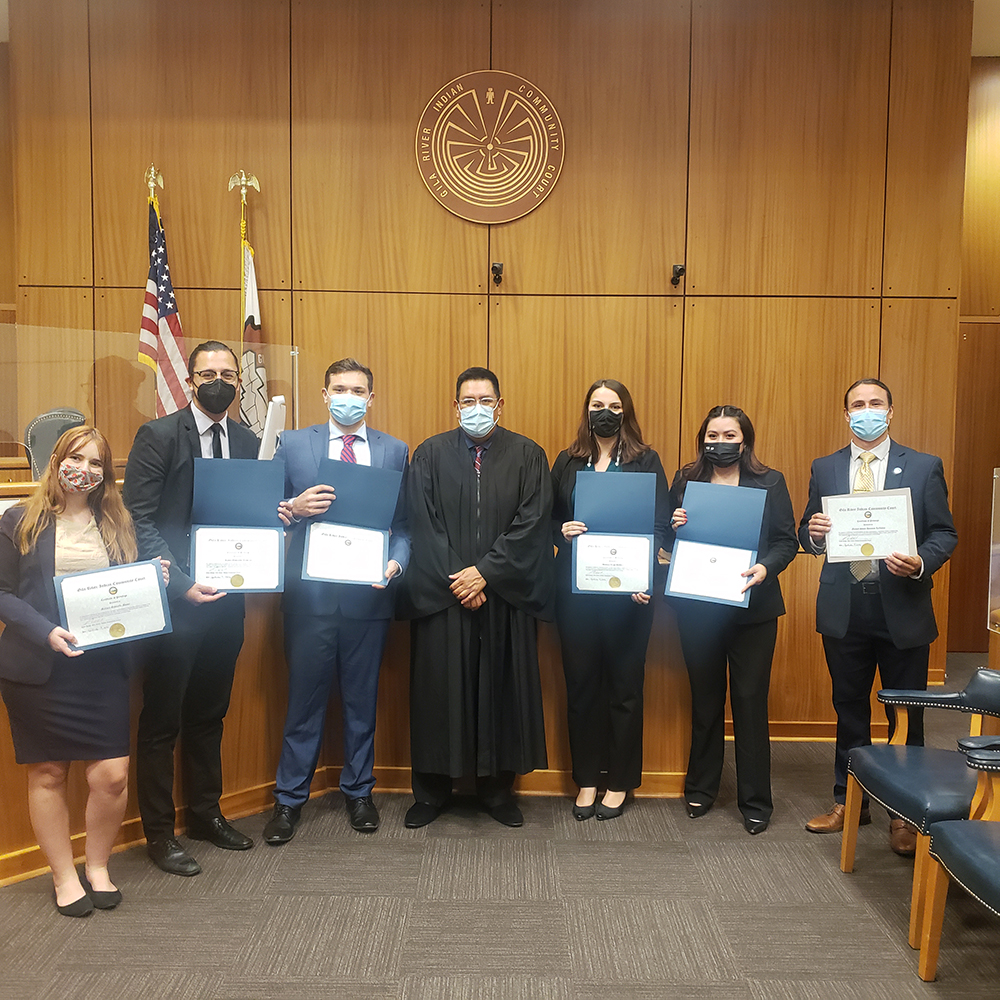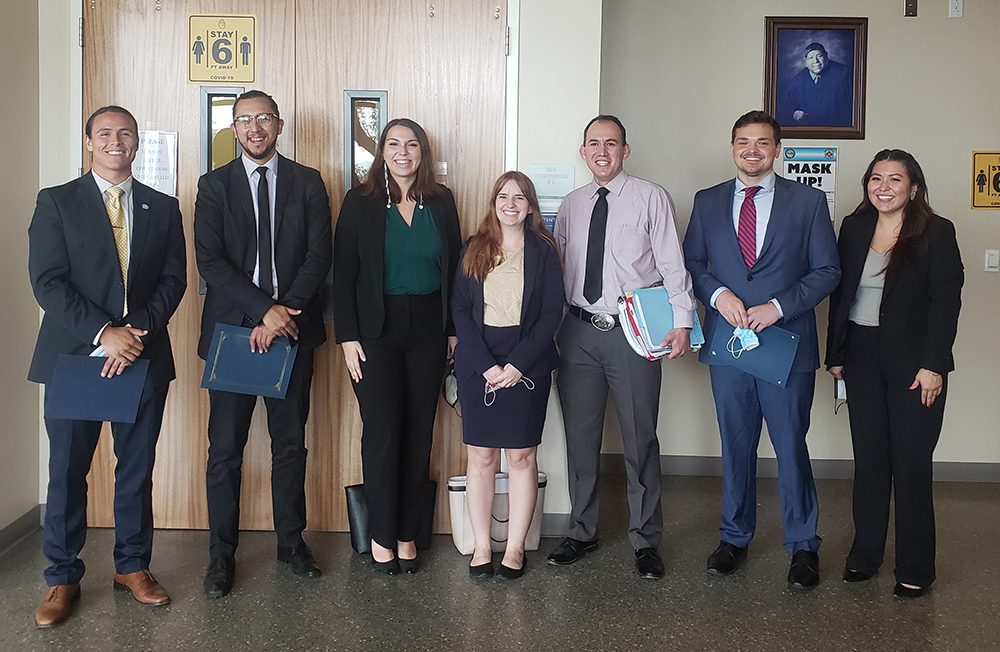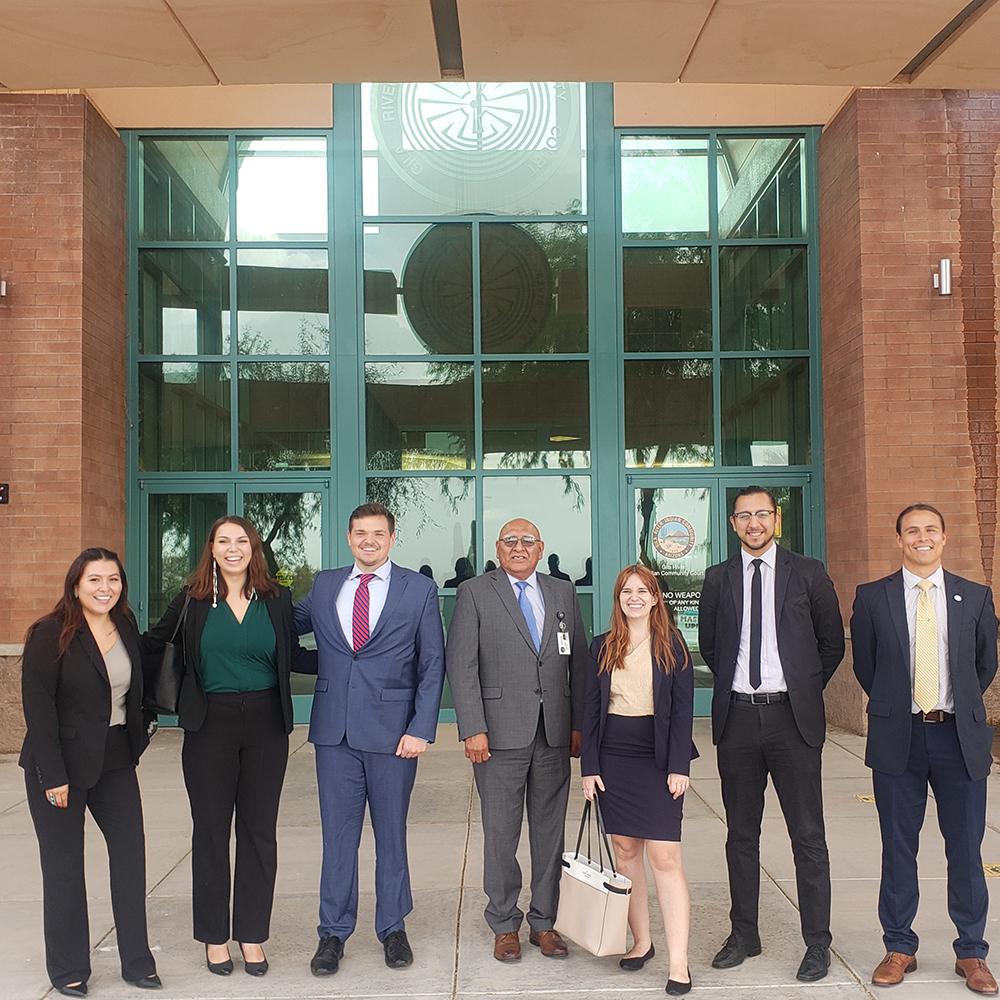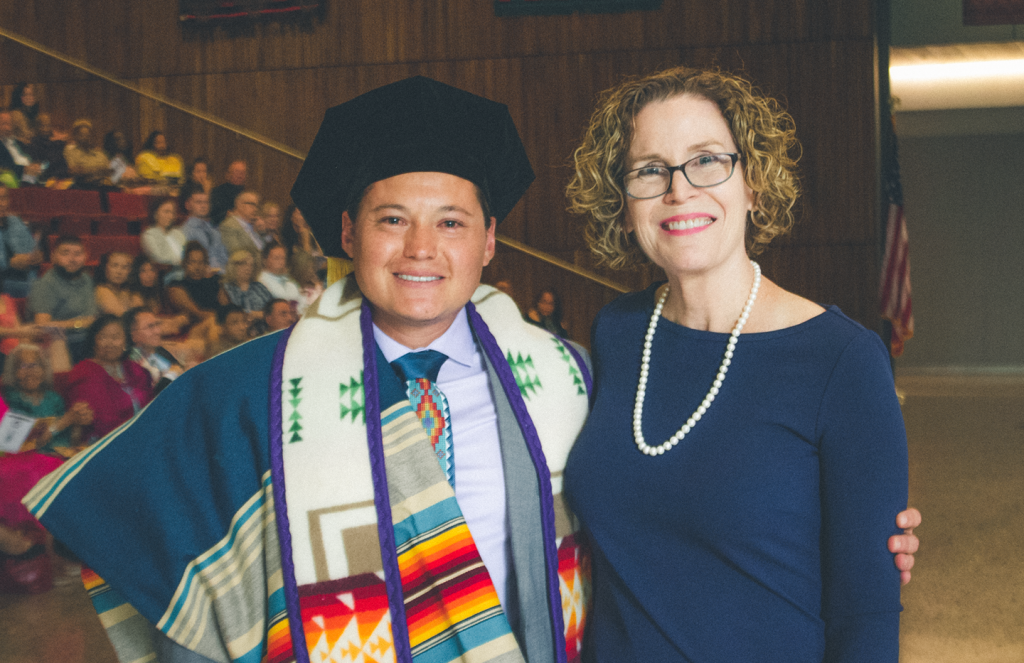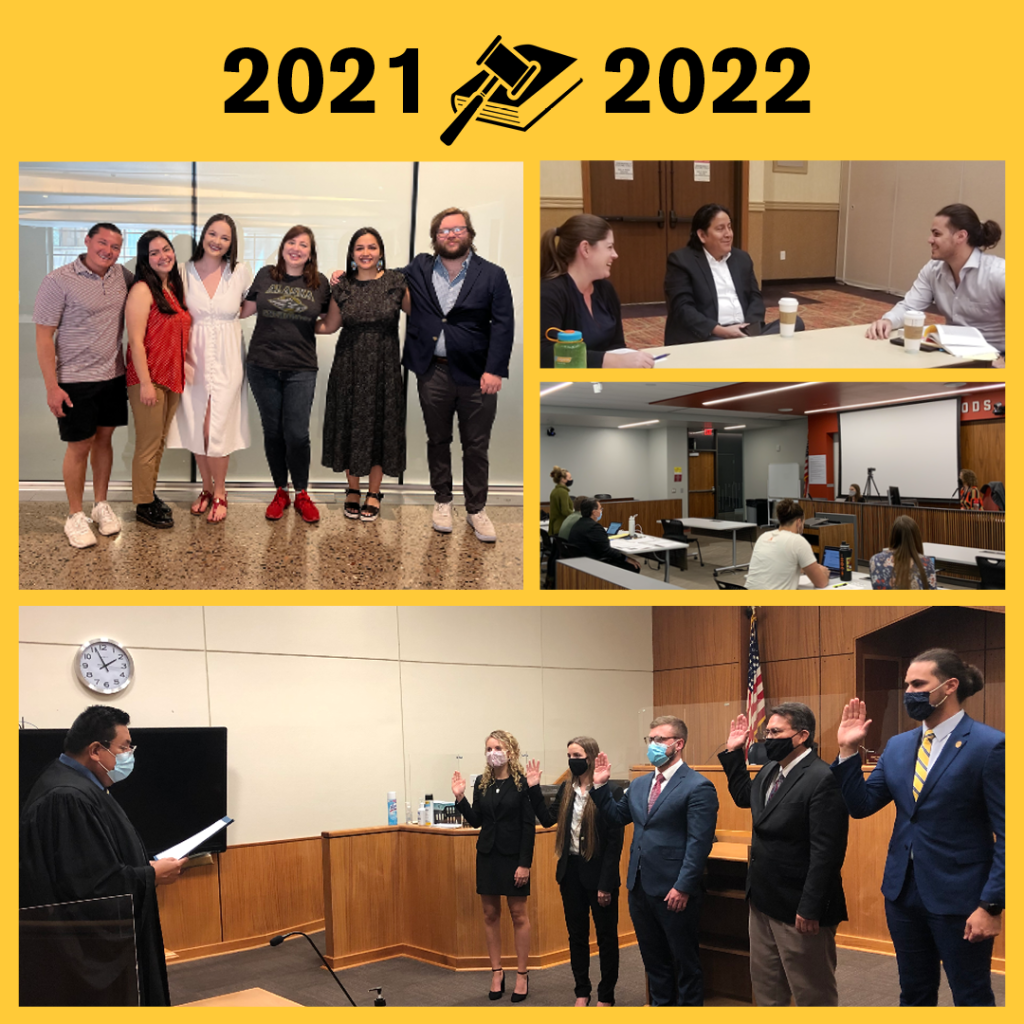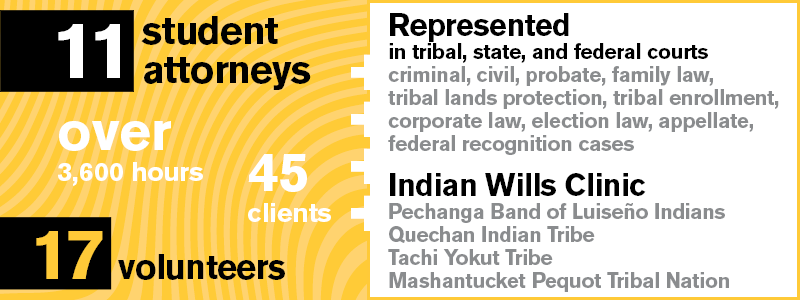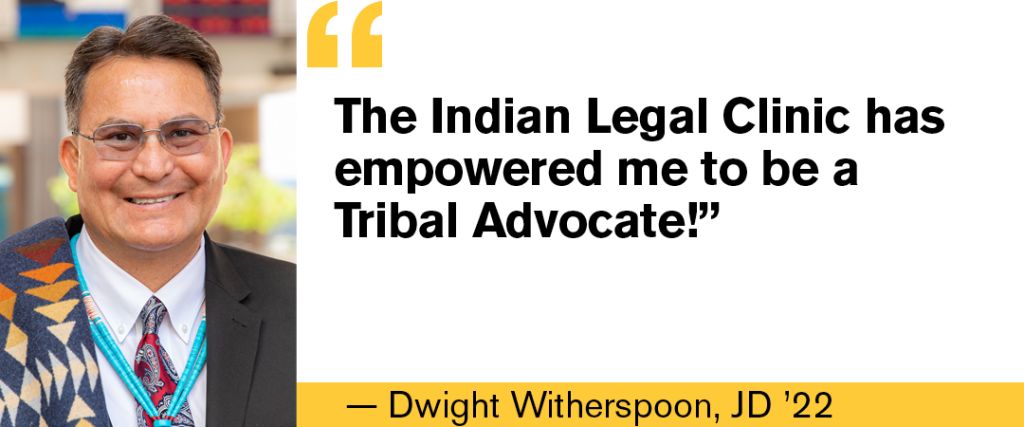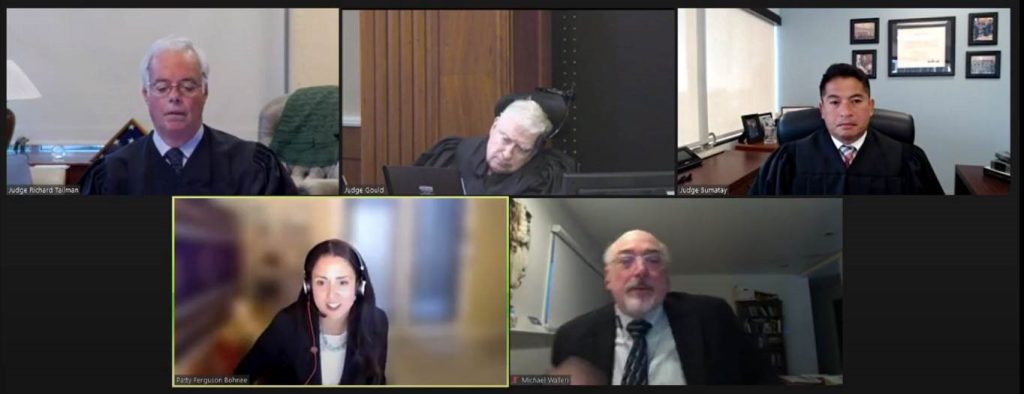In late September and early October, Professor Helen Burtis (’07), Samir Grover (2L), Erin Jenkins (2L), Courtney Kamauoha (3L), Molly Lathrop (3L), Julia Weiss (2L) and Joseph Wilwerding (2L) traveled to the Temecula Valley, California and met with 16 clients to prepare wills and health care powers of attorney for members of the Pechanga Band of Indians. Altogether, 28 estate planning documents were prepared. At the end of the two-day event, 14 members left with estate documents valid under Pechanga Band, federal, and California law.
“The wills clinic was such a great way to take our classroom knowledge and translate it into real world experience,” Jenkins said. “I felt like I was really making a difference in the lives of the wills clinic participants.”
Prior to the wills clinic proceedings, Pechanga Band administrators provided a seminar for tribal members about financial planning in general. One of the seminar topics included the importance of having an estate plan.
After the financial planning seminar, Pechanga Band administrators publicized the wills clinic and signed up members who were interested. The administrators also obtained the necessary Bureau of Indian Affairs paperwork for the client and arranged the logistics for the proceedings.
Attorneys from the Escondido Office of the California Indian Legal Services also assisted by teaching the estate planning section of the Pechanga Band’s financial planning seminar, by reviewing the legal documents for conformance to California law ahead of the clinic, and by assisting with the supervision of the students on site during the clinic.
The ILC is very grateful for the support and assistance from everyone involved to ensure its success. Finally, many thanks to the notaries and witnesses who made the signing ceremonies for each of the clients possible. This year, we were honored to have Pechanga Band Rangers and Safety Officers among our witnesses!


